Apricots, also known as ‘Prunus armeniaca,’ are small, golden-orange fruits that belong to the same family as peaches, plums, and cherries. They are celebrated for their sweet and tangy flavor, as well as their numerous health benefits. This versatile fruit can be enjoyed in various forms, whether fresh, dried, or as a component in jams, jellies, and baked goods. In this article, we will explore the rich history, nutritional value, and culinary uses of the apricot, highlighting why this fruit is a must-have in your kitchen. **A Brief History** The apricot has a long and storied history that dates back thousands of years. Originating from the region that is now known as China, apricots were eventually introduced to the Mediterranean region by the Greeks and Romans. These ancient civilizations revered the apricot for its delicious taste and medicinal properties. Over time, apricots spread across Europe and eventually made their way to the Americas through Spanish explorers. Today, apricots are grown in many regions around the world, with California being one of the leading producers. This widespread cultivation is a testament to the enduring popularity and versatility of the apricot as a fruit. **Nutritional Benefits** Apricots are not only delicious but also incredibly nutritious. Packed with essential vitamins, minerals, and antioxidants, apricots offer a range of health benefits. One of the key nutrients found in apricots is vitamin A, which supports healthy vision and skin. Additionally, apricots are a good source of vitamin C, which boosts the immune system and promotes skin health. Apricots are also rich in dietary fiber, which aids digestion and helps maintain a healthy weight. The fiber in apricots can also help lower cholesterol levels and reduce the risk of heart disease. Furthermore, apricots contain potassium, a mineral that is essential for proper muscle function and regulating blood pressure. In addition to these nutrients, apricots are a good source of antioxidants such as beta-carotene and lutein. These compounds help protect the body from oxidative stress and inflammation, reducing the risk of chronic diseases such as cancer and heart disease. **Culinary Uses** The culinary uses of apricots are as diverse as they are delicious. Fresh apricots can be enjoyed on their own as a healthy snack or incorporated into both sweet and savory dishes. Their sweet and tangy flavor pairs well with a variety of ingredients, making them a versatile addition to any kitchen. Dried apricots are another popular option and are commonly used in baking, trail mixes, and granola. Their concentrated flavor and chewy texture add a unique element to dishes, whether used in cookies, cakes, or salads.
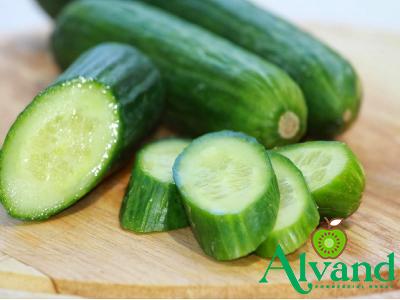
.
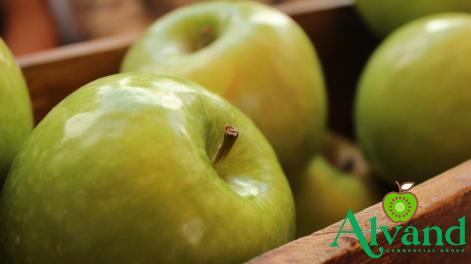 Apricots can also be transformed into jams, jellies, and chutneys, which can be spread on toast, served with cheese, or used as a glaze for meats. These preserves capture the essence of the apricot, preserving its flavor and sweetness for year-round enjoyment. For a refreshing and nutritious beverage, apricots can be blended into smoothies or juiced for a flavorful drink. Their natural sweetness adds a burst of flavor to any drink, making them a popular choice for homemade beverages. **Choosing and Storing Apricots** When selecting apricots, look for fruits that are plump, firm, and have a golden-orange color. Avoid apricots that are overly soft or have bruises, as these may indicate that the fruit is overripe or damaged. To ripen apricots, place them in a paper bag at room temperature for a day or two until they are slightly soft to the touch. Once ripe, apricots can be stored in the refrigerator for up to a week. Dried apricots should be kept in an airtight container in a cool, dark place to maintain their flavor and texture. **In Summary** Apricots are not just a delicious fruit; they are a nutritional powerhouse that offers a wide range of health benefits. Whether enjoyed fresh, dried, or in various culinary creations, apricots are a versatile and flavorful addition to any diet. With their rich history, nutritional value, and culinary uses, it’s clear why apricots have been cherished for centuries. So next time you’re at the market, be sure to pick up some apricots and incorporate them into your meals and snacks. Your taste buds and your body will thank you for it.
Apricots can also be transformed into jams, jellies, and chutneys, which can be spread on toast, served with cheese, or used as a glaze for meats. These preserves capture the essence of the apricot, preserving its flavor and sweetness for year-round enjoyment. For a refreshing and nutritious beverage, apricots can be blended into smoothies or juiced for a flavorful drink. Their natural sweetness adds a burst of flavor to any drink, making them a popular choice for homemade beverages. **Choosing and Storing Apricots** When selecting apricots, look for fruits that are plump, firm, and have a golden-orange color. Avoid apricots that are overly soft or have bruises, as these may indicate that the fruit is overripe or damaged. To ripen apricots, place them in a paper bag at room temperature for a day or two until they are slightly soft to the touch. Once ripe, apricots can be stored in the refrigerator for up to a week. Dried apricots should be kept in an airtight container in a cool, dark place to maintain their flavor and texture. **In Summary** Apricots are not just a delicious fruit; they are a nutritional powerhouse that offers a wide range of health benefits. Whether enjoyed fresh, dried, or in various culinary creations, apricots are a versatile and flavorful addition to any diet. With their rich history, nutritional value, and culinary uses, it’s clear why apricots have been cherished for centuries. So next time you’re at the market, be sure to pick up some apricots and incorporate them into your meals and snacks. Your taste buds and your body will thank you for it.
..
 Embrace the golden-orange goodness of the apricot and discover the joys of this delightful fruit for yourself. **Apricots in Season** Apricots are typically in season from late spring to early summer, with peak availability in June and July. This is the best time to enjoy fresh apricots at their ripest and most flavorful. Farmers markets and grocery stores often carry a variety of apricot types during this time, allowing you to choose from different flavors and textures. When buying apricots, consider purchasing organic varieties if possible to avoid exposure to pesticides and chemicals. Organic apricots are grown without synthetic fertilizers and pesticides, making them a healthier option for you and the environment. **Health Benefits of Apricots** In addition to their delicious taste, apricots offer numerous health benefits that make them a valuable addition to your diet. Here are some key health benefits of consuming apricots regularly: 1. **Digestive Health**: The dietary fiber in apricots helps promote healthy digestion by aiding in bowel regularity and preventing constipation. Fiber also feeds beneficial gut bacteria, supporting overall digestive health. 2. **Heart Health**: The potassium and antioxidants in apricots contribute to heart health by helping to regulate blood pressure, reduce inflammation, and lower the risk of cardiovascular disease. The fiber in apricots also plays a role in lowering cholesterol levels. 3. **Eye Health**: Apricots are a rich source of beta-carotene, a precursor to vitamin A that is essential for eye health. Vitamin A helps maintain good vision, especially in low-light conditions, and may reduce the risk of age-related macular degeneration. 4. **Skin Health**: The combination of vitamin A and vitamin C in apricots promotes healthy skin by supporting collagen production, reducing signs of aging, and protecting against UV damage.
Embrace the golden-orange goodness of the apricot and discover the joys of this delightful fruit for yourself. **Apricots in Season** Apricots are typically in season from late spring to early summer, with peak availability in June and July. This is the best time to enjoy fresh apricots at their ripest and most flavorful. Farmers markets and grocery stores often carry a variety of apricot types during this time, allowing you to choose from different flavors and textures. When buying apricots, consider purchasing organic varieties if possible to avoid exposure to pesticides and chemicals. Organic apricots are grown without synthetic fertilizers and pesticides, making them a healthier option for you and the environment. **Health Benefits of Apricots** In addition to their delicious taste, apricots offer numerous health benefits that make them a valuable addition to your diet. Here are some key health benefits of consuming apricots regularly: 1. **Digestive Health**: The dietary fiber in apricots helps promote healthy digestion by aiding in bowel regularity and preventing constipation. Fiber also feeds beneficial gut bacteria, supporting overall digestive health. 2. **Heart Health**: The potassium and antioxidants in apricots contribute to heart health by helping to regulate blood pressure, reduce inflammation, and lower the risk of cardiovascular disease. The fiber in apricots also plays a role in lowering cholesterol levels. 3. **Eye Health**: Apricots are a rich source of beta-carotene, a precursor to vitamin A that is essential for eye health. Vitamin A helps maintain good vision, especially in low-light conditions, and may reduce the risk of age-related macular degeneration. 4. **Skin Health**: The combination of vitamin A and vitamin C in apricots promotes healthy skin by supporting collagen production, reducing signs of aging, and protecting against UV damage.
…
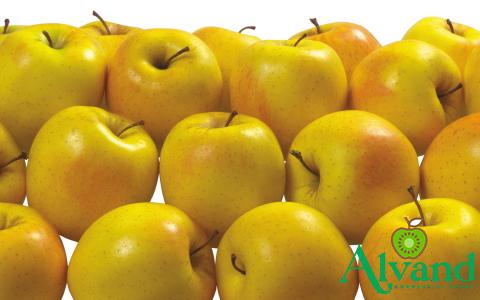 These vitamins also help maintain skin elasticity and hydration. 5. **Immune Support**: The vitamin C content in apricots strengthens the immune system by supporting the production of white blood cells and antibodies that help fight off infections. This vitamin also acts as an antioxidant, protecting cells from damage caused by free radicals. **Delicious Apricot Recipes** Looking for ways to incorporate more apricots into your meals and snacks? Here are some delicious apricot recipes to inspire your culinary creativity: 1. **Apricot Almond Energy Bites**: Combine dried apricots, almonds, dates, and a touch of honey in a food processor to create bite-sized energy balls that make a perfect on-the-go snack. 2. **Grilled Apricot and Brie Crostini**: Slice fresh apricots and grill them until caramelized, then top toasted baguette slices with grilled apricots, creamy brie cheese, and a drizzle of honey for a sophisticated appetizer. 3. **Apricot Glazed Chicken**: Make a sweet and tangy apricot glaze by simmering apricot preserves, soy sauce, ginger, and garlic, then brush it over grilled or baked chicken for a flavorful and tender main dish. 4. **Apricot Yogurt Parfait**: Layer vanilla yogurt, chopped fresh apricots, granola, and a sprinkle of cinnamon in a glass for a nutritious and delicious breakfast or dessert. 5. **Apricot Chia Seed Jam**: Cook fresh apricots with chia seeds, maple syrup, and a splash of lemon juice to create a homemade jam that can be spread on toast, stirred into yogurt, or used as a topping for oatmeal. **Final Thoughts** Apricots are more than just a tasty fruit – they are a versatile ingredient with a rich history, nutritional benefits, and endless culinary possibilities. Whether you enjoy them fresh, dried, or in various recipes, apricots offer a sweet and tangy flavor that can elevate any dish or snack. Next time you’re looking for a healthy and delicious fruit to add to your diet, consider reaching for some apricots. With their vibrant color, juicy texture, and sweet taste, apricots are sure to brighten up your day and provide you with a burst of nutrients and flavor. Embrace the golden-orange goodness of the apricot and explore the many ways you can enjoy this delightful fruit in your everyday meals and snacks.
These vitamins also help maintain skin elasticity and hydration. 5. **Immune Support**: The vitamin C content in apricots strengthens the immune system by supporting the production of white blood cells and antibodies that help fight off infections. This vitamin also acts as an antioxidant, protecting cells from damage caused by free radicals. **Delicious Apricot Recipes** Looking for ways to incorporate more apricots into your meals and snacks? Here are some delicious apricot recipes to inspire your culinary creativity: 1. **Apricot Almond Energy Bites**: Combine dried apricots, almonds, dates, and a touch of honey in a food processor to create bite-sized energy balls that make a perfect on-the-go snack. 2. **Grilled Apricot and Brie Crostini**: Slice fresh apricots and grill them until caramelized, then top toasted baguette slices with grilled apricots, creamy brie cheese, and a drizzle of honey for a sophisticated appetizer. 3. **Apricot Glazed Chicken**: Make a sweet and tangy apricot glaze by simmering apricot preserves, soy sauce, ginger, and garlic, then brush it over grilled or baked chicken for a flavorful and tender main dish. 4. **Apricot Yogurt Parfait**: Layer vanilla yogurt, chopped fresh apricots, granola, and a sprinkle of cinnamon in a glass for a nutritious and delicious breakfast or dessert. 5. **Apricot Chia Seed Jam**: Cook fresh apricots with chia seeds, maple syrup, and a splash of lemon juice to create a homemade jam that can be spread on toast, stirred into yogurt, or used as a topping for oatmeal. **Final Thoughts** Apricots are more than just a tasty fruit – they are a versatile ingredient with a rich history, nutritional benefits, and endless culinary possibilities. Whether you enjoy them fresh, dried, or in various recipes, apricots offer a sweet and tangy flavor that can elevate any dish or snack. Next time you’re looking for a healthy and delicious fruit to add to your diet, consider reaching for some apricots. With their vibrant color, juicy texture, and sweet taste, apricots are sure to brighten up your day and provide you with a burst of nutrients and flavor. Embrace the golden-orange goodness of the apricot and explore the many ways you can enjoy this delightful fruit in your everyday meals and snacks.
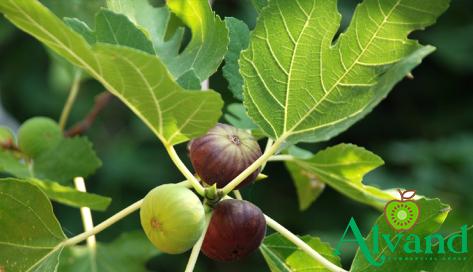
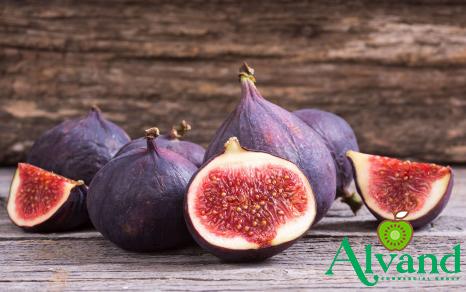
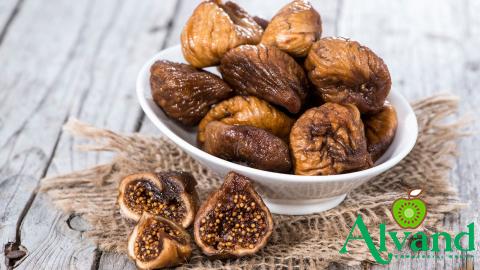
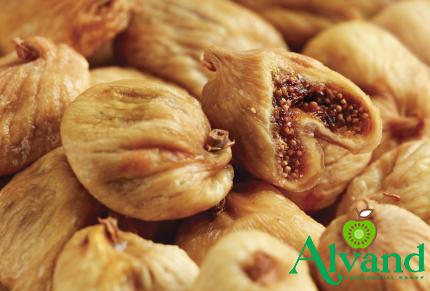
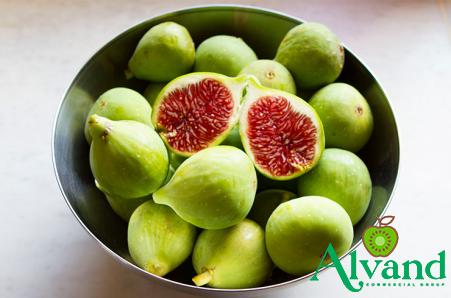
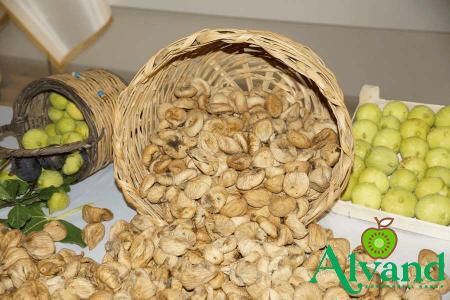
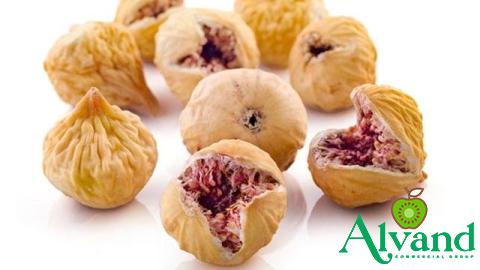
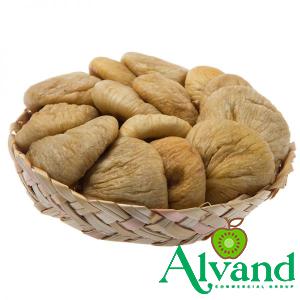
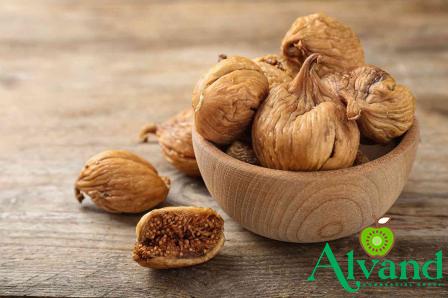
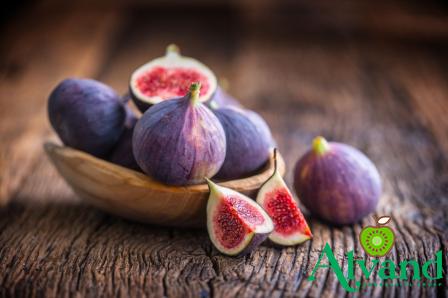
Your comment submitted.